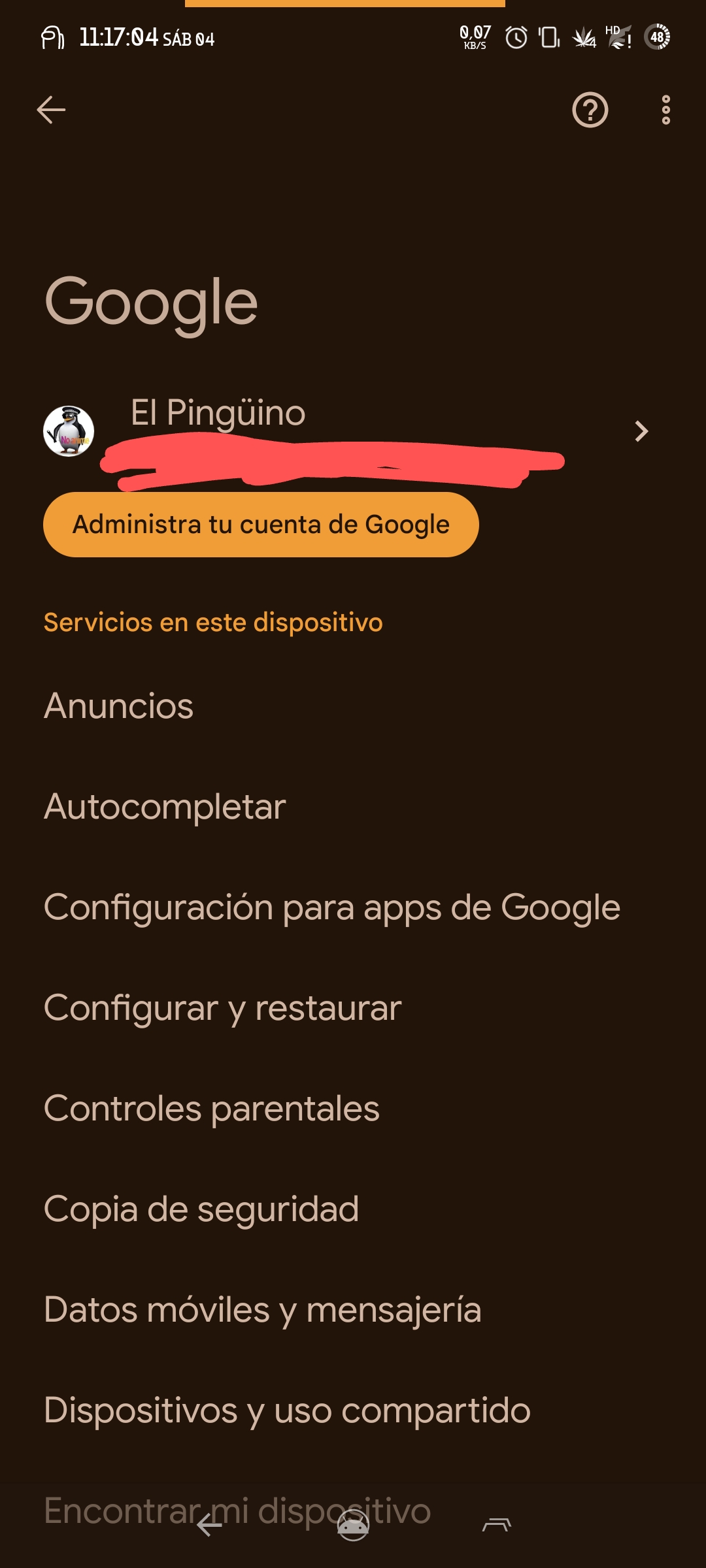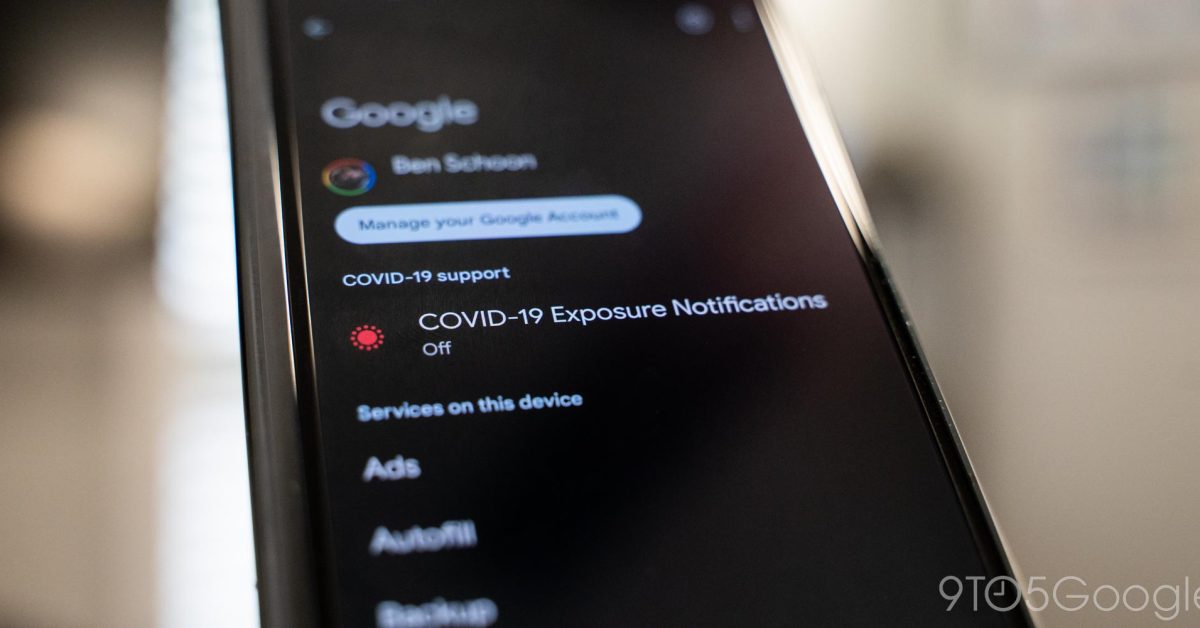I had this set up the day it was available in my area. Never got an alert. I find it difficult to believe I wasn’t “exposed” during the pandemic, so I assume this didn’t really provide much value.
I ended up getting a few alerts, and each time I tested negative. Then later during Omicron, I ended up getting Covid and was contacted by a contact tracer for the city. I explained to them if they give me the code for the app, I can signal that I have Covid, and they said it wasn’t worth it.
Overall I think it was an interesting idea, and the approach was pretty clever while also maintaining privacy. Really the failure was from the municipalities being out of the loop. I’m not sure if there were studies done, but I do wonder how accurate the exposure determination was, since for me it was always false positives.
I ended up getting a few alerts, and each time I tested negative…but I do wonder how accurate the exposure determination was, since for me it was always false positives.
How are you determining you got a false positive? The app alerts you if you were exposed to someone with COVID while out and about in your day. Just because you didn’t catch COVID from your exposure does not mean the app gave you a false positive. Just that you weren’t close to them long enough and/or your immune system, hygiene, or luck fought it off.
Only way you could really say you got a “false positive” was if you got an alert, for a certain day but knew that you had 0 interaction with people (you never left the house and no one came over during your alert).
I think there probably can be adjustments made with more research, which at the time was unrealistic, since we were in the middle of it. For the alerts to be meaningful, they should be actionable, and receiving an alert should tell the person they should take a test. If 9 times out of 10 the alert turns up a negative covid test, then it’s not really reliable, and people won’t see use in taking them seriously (aka Alarm Fatigue). Fine tuning the parameters of the alert can improve this rate, for example requiring longer durations in close proximity and/or closer distance between devices.
Of course dialing things too extreme would lead to “false negatives” which would be even harder to test for and validate, because of the nature of the recorded history on the device. Ideally there’d be 0 false negatives and 0 false positives, where every alert resulted in a positive covid test, and no positive covid test wasn’t prompted by an alert. This is obviously unrealistic, but finding a good balance would make the alerts reliable, and useful. Since this system is going away, it doesn’t really matter, but the principals of alerting are still important to consider in any system, especially where health & safety are involved.
In Canada my girlfriend was exposed. She called the testing places to tell them, and to book a test. They told her no, and to go away.
When I realized the already small percentage of people that are trying to use this system were being denied, I disabled it. It’s actually useless.
I guess it depended on how many others did it. I’ve gotten a few of them here in the Netherlands, though in my case they never provided info that I didn’t already have. Nevertheless I did see the value of it, in some cases it could be very useful
I’m originally from Brazil but I’ve been living in Poland for the past decade so I had the Polish app setup with Android covid notifications. The neat thing is that it doesn’t matter as they all talk together due to how the protocol works.
I got a few notifications in Poland, and I also did travel to Brazil, and got notifications there too.
The app only works if enough people are in though, so if nobody uses then it won’t work. Depends on the area, people, way of thinking.
I had quite a few notifications from it in the UK during the height of the pandemic, though that might be more of an indication of how much our government fucked it up
Yeah I was in NYC, rode the subways a lot, and never got a notification…
Not sure where you’re located, but I had a couple notifications reach while in Germany. Also on iOS, if that matters…
The gov version worked fine here in Australia, but not whatever that is, far as I know.
I was fine with masks and vaccinations but this kinda felt like being tracked so I didn’t go for this one
You’re most likely being tracked. But not by this. The various bluetooth covid tracking systems were surprisingly good in terms of privacy.
In that case there should have been more focus on this in the psa’s
I’ve never gotten an alert and I know I’ve had “exposures” in the past from work emails. Guess it’s time to uninstall…
I went to somewhat busy places later in the pandemic after the first vaccines were out. Nothing.
Nothing from the Colorado exposure app either. (It was probably tied to Google anyway.)
I got one to hit me 14 days after I was exposed. I had to self isolate for a full ten minutes.
It was a nice idea.
They really did genuinely work with Apple to create a system that could track contact while also not making it really possible to track individuals.
Google has a hard-on when shoving something in its graveyard.
Too bad for the three persons that used it, including the Google QA team
I don’t think I even had it, no idea.
It’s finally gone

Why do you have two battery indicators
I have one
What is that bar on top of the screen then?
Oh yeah, you are right
That’ll teach them not gamifying functionalities they want us to use… 😅
Even just an exp/lvl counter for all the others you’ve seen would have worked,… 😅
people really want immunosuppressed people to die huh?
It’s a long shot, but I hope that they keep the exposure notification framework and work with the CDC/appropriate orgs around the world to make it a generic exposure notification. The technical feature is impressive, and the usefulness (with proper adoption) would be high for the various occasions where other communicable diseases pop up. It seems easy enough to have a generic app to add the various diseases and their incubation/transmission windows to allow others to be notified.
But, because people are whiny fucks, it’ll die and we’ll be in a rush to reimplement it for the next thing that comes up.
Even if it did exist in an ideal state, people would still not use it, because people suck.
Well people would say you have a grim outlook but they can shove it, you’re right. But imagine google having an opportunity to cancel a product, they were walking around with raging hard-ons when somebody mentioned they get to cancel something
I didn’t even know this existed. Like most things google shuts down.
Good riddance. It’s a totalitarian privacy nightmare that never functioned as advertised.
Similar systems were widely deployed in Singapore, on the premise it would only be used to fight COVID. Then to no one’s surprise, law enforcement started it using for criminal investigations.
Once they’re built, governments cannot resist abusing such systems.
You probably have no idea how it, nor that system from Singapore work, right?
The Google system allegedly shares hashes of a ID-number salted with a rotating timestamp over BLE. But it’s also a closed-source binary. Can you or anyone else actually inspect its implementation? Can you really guarantee it doesn’t have even the smallest design flaws?
This technology is exceptionally dangerous. There is very little difference between these two scenarios:
- A doctor has identified a COVID patient. Let’s notify everyone who’s spent time with them recently.
- Secret police have identified a “dissident”. Let’s round up all their close associates.
It’s voluntary (for now). It’s allegedly secure (for now). But did anyone actually benefit from this complicated system? All I see are downsides.
Security researches have taken apart the binaries, listened to network requests and everything else you need to do to verify that nothing nefarious was going on. The system itself is set up so no tracing is possible if nobody reads your hashes.
[Citation needed]
Every reverse-engineering study I’ve read has been about the apps built in top of the Google API, not the Google binaries. Here’s one, and here’s another, and neither paints a flattering picture.
Maybe it’s possible to build a perfect implementation, but that is not what we got.
You know what does work? Masks and vaccines. Phone-based tracking was a dangerous waste of time.
Maybe it’s possible to build a perfect implementation, but that is not what we got.
What exactly are you referring to? The whole approach is built in a way that doesn’t really give anyone any way to screw things up. Please be specific.
You know what does work? Masks and vaccines. Phone-based tracking was a dangerous waste of time.
Unless you were testing yourself literally every day, phone-based tracking is a great way to tell you when you should test yourself. It’s a great addition to other preventative measures, and I have no idea how you could come to this conclusion while thinking rationally about this topic.
You get downvoted by people who have no experience of this. Young guys growing up on social media. But you are right. Power corrupts, and absolute power corrupts absolutely.
I never had this feature to begin with since I don’t use Google Play Services or Google in any capacity.
Cool!
You use Arch, btw, right?
Closest i ever got was manjaro
You are clearly a better person than all the Google-using riffraff.




















